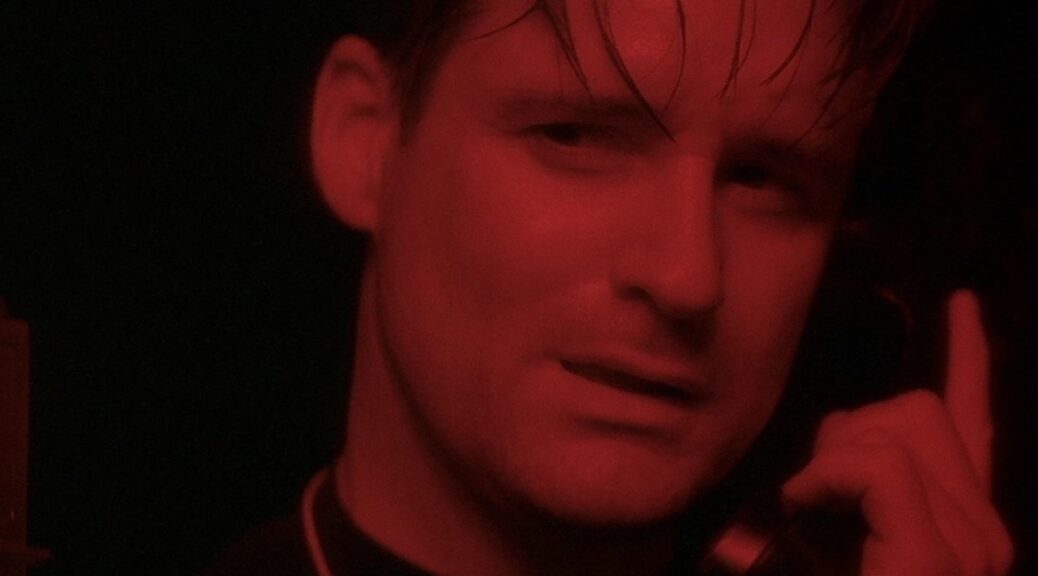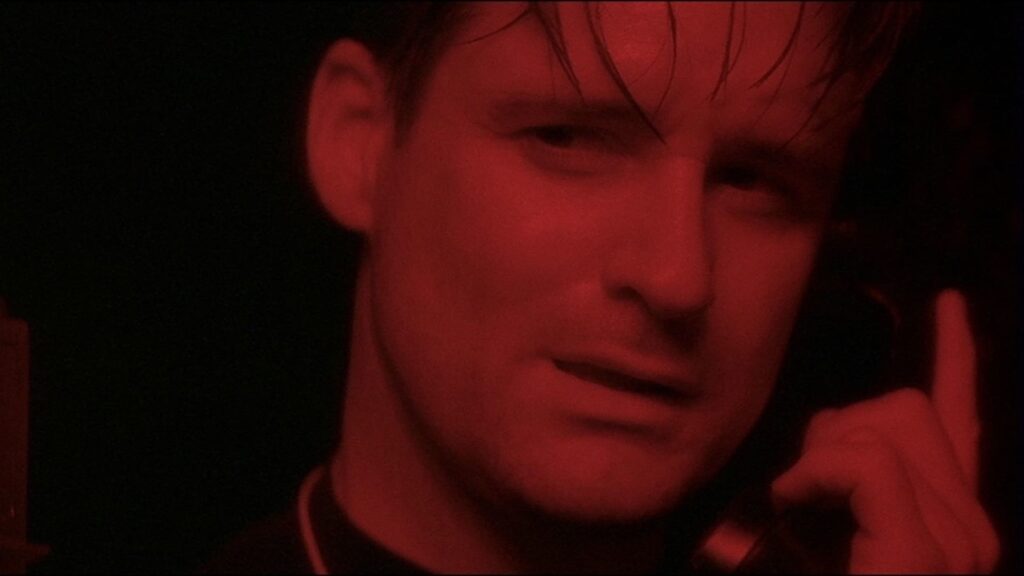
I have struggled to get stuck into Welcome to Nightvale books in the past, and I worried that this would be the case when I bought this book, The Faceless Old Woman Who Secretly Lives in Your Home. I have put down and picked up the original Welcome to Nightvale podcast a few times and consider myself committed to it again, currently. I’m caught up on the material, but find it admirable that the novels usually are able to stand on their own two feet, though they certainly hit harder when the homework has been done.
I feel Joseph Fink and Jeffrey Cranor’s writing is something to be listened to, rather than read, sometimes. Though I don’t think this is any fault of theirs – I’m just used to it being done this way, in that particular medium, from years of a bimonthly updated podcast appearing in my feed. This isn’t to say the writing is weak, but there is a particular voice to it that seems lulling, perhaps. Not slow, but steady. This did cause some difficulties for me while I was reading – waning interest, feeling, somehow, incredibly tired after a bout of reading. But this doesn’t mean that the book is bad. Quite the opposite, I think the book is quite impressive, especially as its from the perspective of a secondary Welcome to Nightvale character.
The book follows the life of the faceless old woman who secretly lives in your home, a well known character from the original podcast, exploring her life, history, and purpose, as well as how she came to be the recognisable character in the podcast that she is. It’s a fun read, with a lot of high stakes action and adventure, and a long sense of history behind it. I prefer not to spoil books in my reviews, but I find that this story was a nice piece of a puzzle I didn’t know that I was originally missing. I enjoyed the way that the novel almost felt larger than life and older than time – full of travel and the slow march of time in the face of a person’s goals.
I found it to be an enjoyable read. The chapters being fairly short complemented the steady flow of the writing style, to save from any encroaching boredom and to create intrigue with sharp endings. I would, however, only really recommend it to anyone who has some knowledge of the main show at least, as I believe the final few chapters feel a lot more complete that way, and end quite neatly if you fully understand what is happening around the central character. That being said, the story can stand on its own, and if you’re not too bothered about understanding the “lore” then dive right in! Enjoy a pirate story on a winding path to your heart’s content.


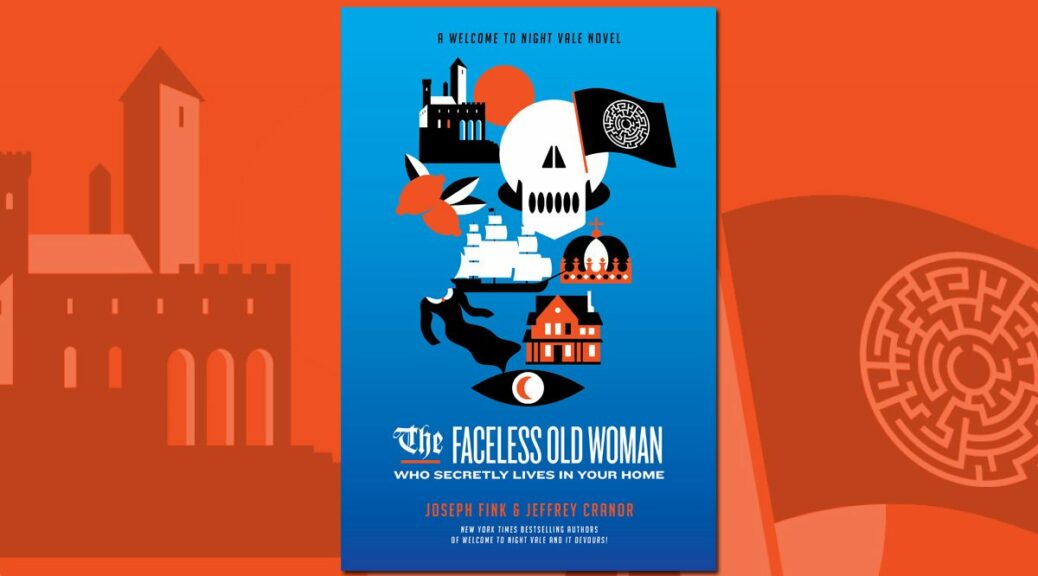

 (4 / 5)
(4 / 5)
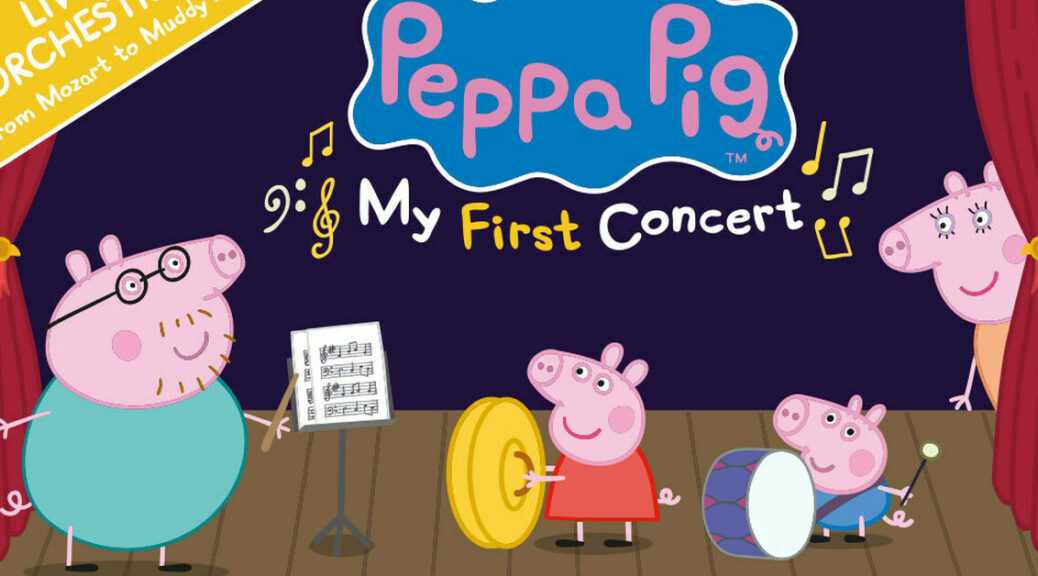
 (5 / 5)
(5 / 5)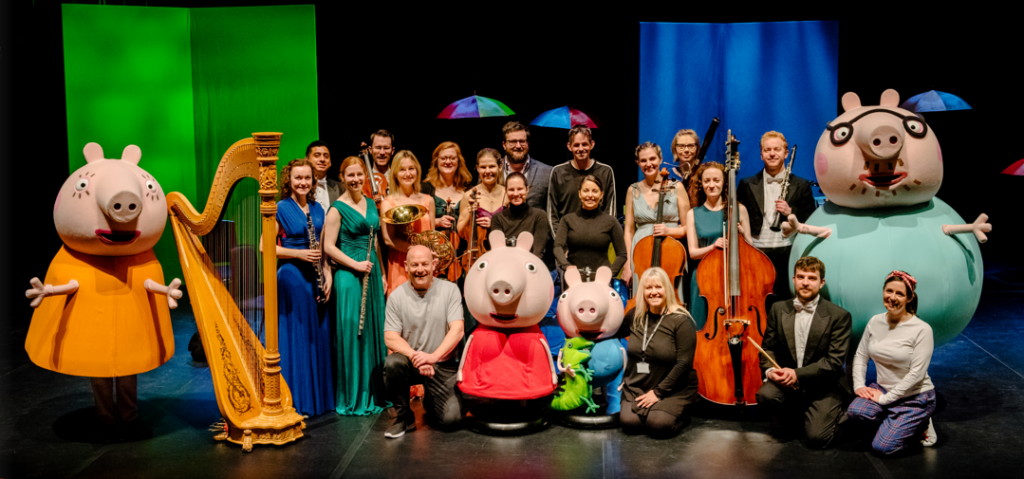
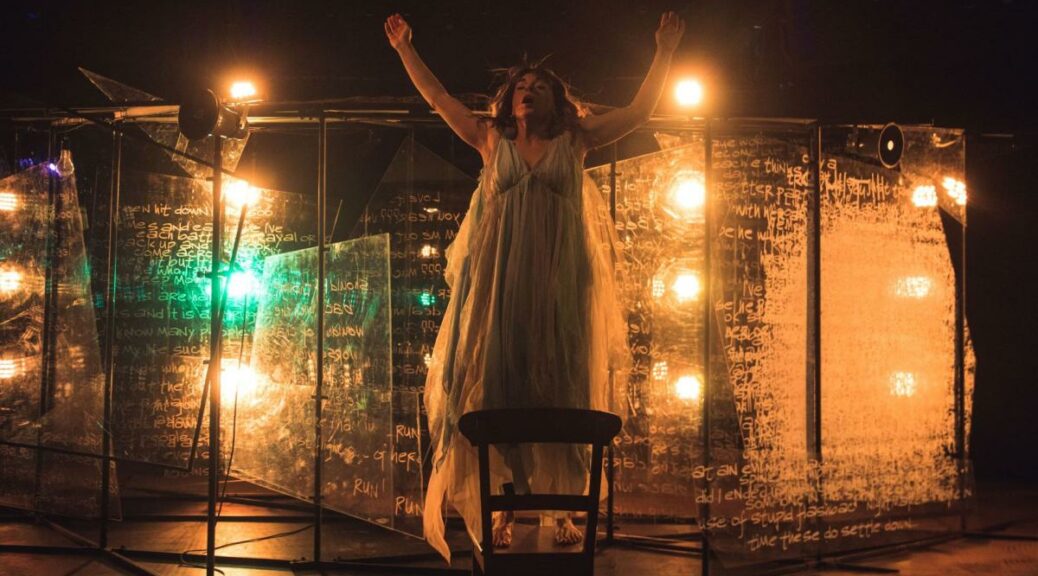
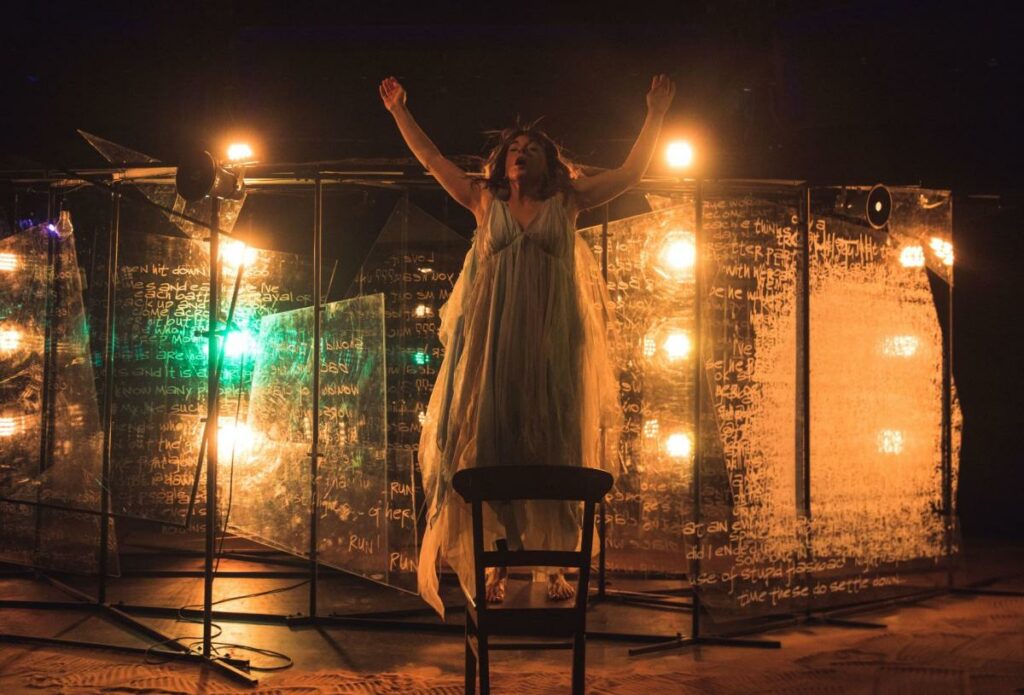
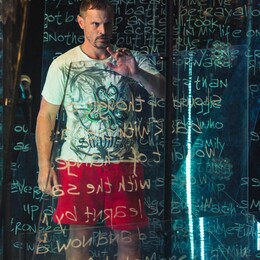
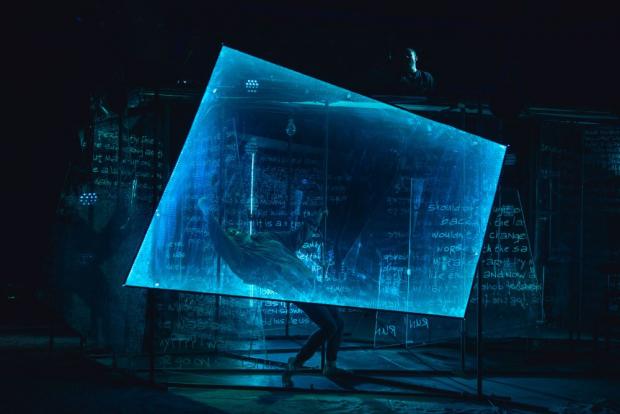
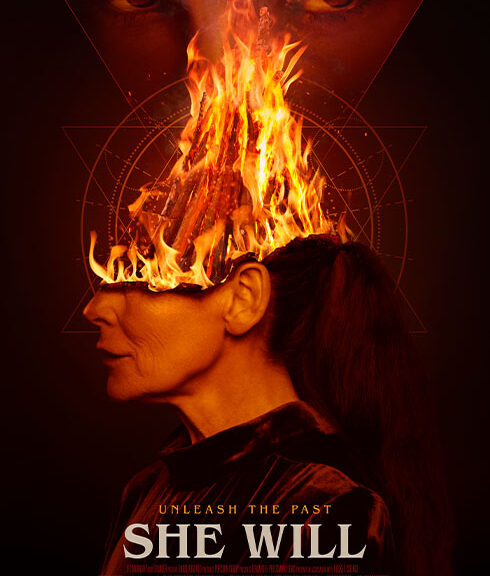
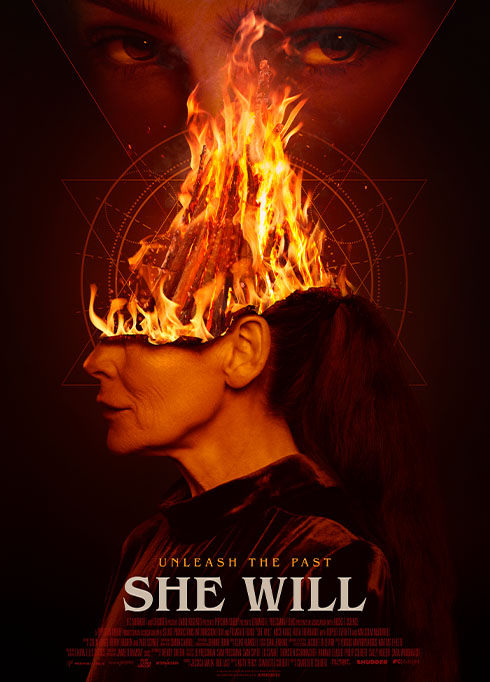
 (3.5 / 5)
(3.5 / 5)
